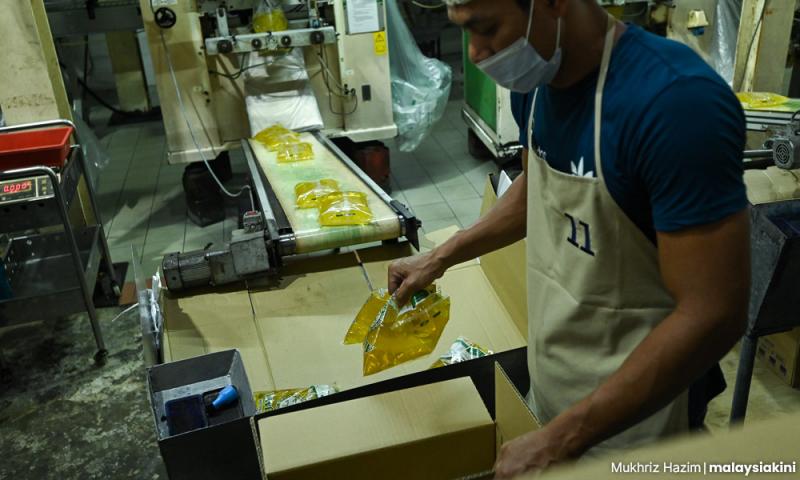LETTER | M'sia needs to revolutionise its internal industrial culture
LETTER | There are various goodies for small- and medium-sized industries in Budget 2023 announced by Prime Minister Anwar Ibrahim.
Previously companies with a paid-up capital of RM2.5 million or less and gross income of less than RM50 million (which typically includes MSMEs) are required to pay 17 percent tax on their first RM600,000 taxable income earned.
Under Budget 2023, MSMEs, specifically, will enjoy a reduced tax rate of 15 percent on the first RM150,000 earned. This is expected to benefit 150,000 MSME taxpayers, offering savings of up to RM3,000 per business.
Syarikat Jaminan Pembiayaan Perniagaan will also guarantee up to RM20 billion in SME loans, especially for key sectors like high technology, agriculture, and manufacturing (government guarantee of up to 90 percent of loans).
This guarantee is also expanded to loans by non-banking financial institutions, such as credit leasing companies and cooperatives.
While loan and tax incentives could help MSMEs progress and innovate to a certain extent, any effort will not bear much fruit if the internal industrial culture is not in tandem with the ecosystem provided by the government.
Unfortunately, in the Malaysian context, especially in certain small- and medium-sized companies that include hotels and factories, there is an absence of strategic leadership in areas like succession planning, human resources planning, training, and development.
We also have issues related to the internal management of MSME that restricts progressive policies on human capital development that is still heavily dependent on low-skill workers.
For example, there is concern among business owners about the performance of their subordinates in relation to effectiveness and efficiency, but there is a lack of leadership awareness on the importance of creating an ecosystem for performance, such as resolving internal inter-departmental conflicts, reducing the barrier of communication between managers and subordinates, and having a short-term and long-term plan in upskilling and reskilling workers.
We are still caught up with a vertical hierarchical decision-making model with little or no innovation in building horizontal teams of decision-makers that would be more aligned with digital innovation.
To add to the weakness in the unique Malaysian context, ethnic preferences in certain functions cloud decisions that go against merit. Certain ethnic groups are thought to be better off in certain departments.
This is the reality of a significant number of Malaysian-based organisations that have not embraced progressive policies in line international labour conventions.
The distinctive and mutually complementary roles of leadership and management in the internal culture of certain small- and medium-sized industries are clearly lost in this context.
It is time to wake up to this reality at the micro-level management in industries to complement the government ecosystem that could effect real change and innovation in the overall performance MSMEs in years to come.
There needs to be a revolution in our industrial culture in tandem with the government's industrial ecosystem.
The views expressed here are those of the author/contributor and do not necessarily represent the views of Malaysiakini.
RM12.50 / month
- Unlimited access to award-winning journalism
- Comment and share your opinions on all our articles
- Gift interesting stories to your friends
- Tax deductable
